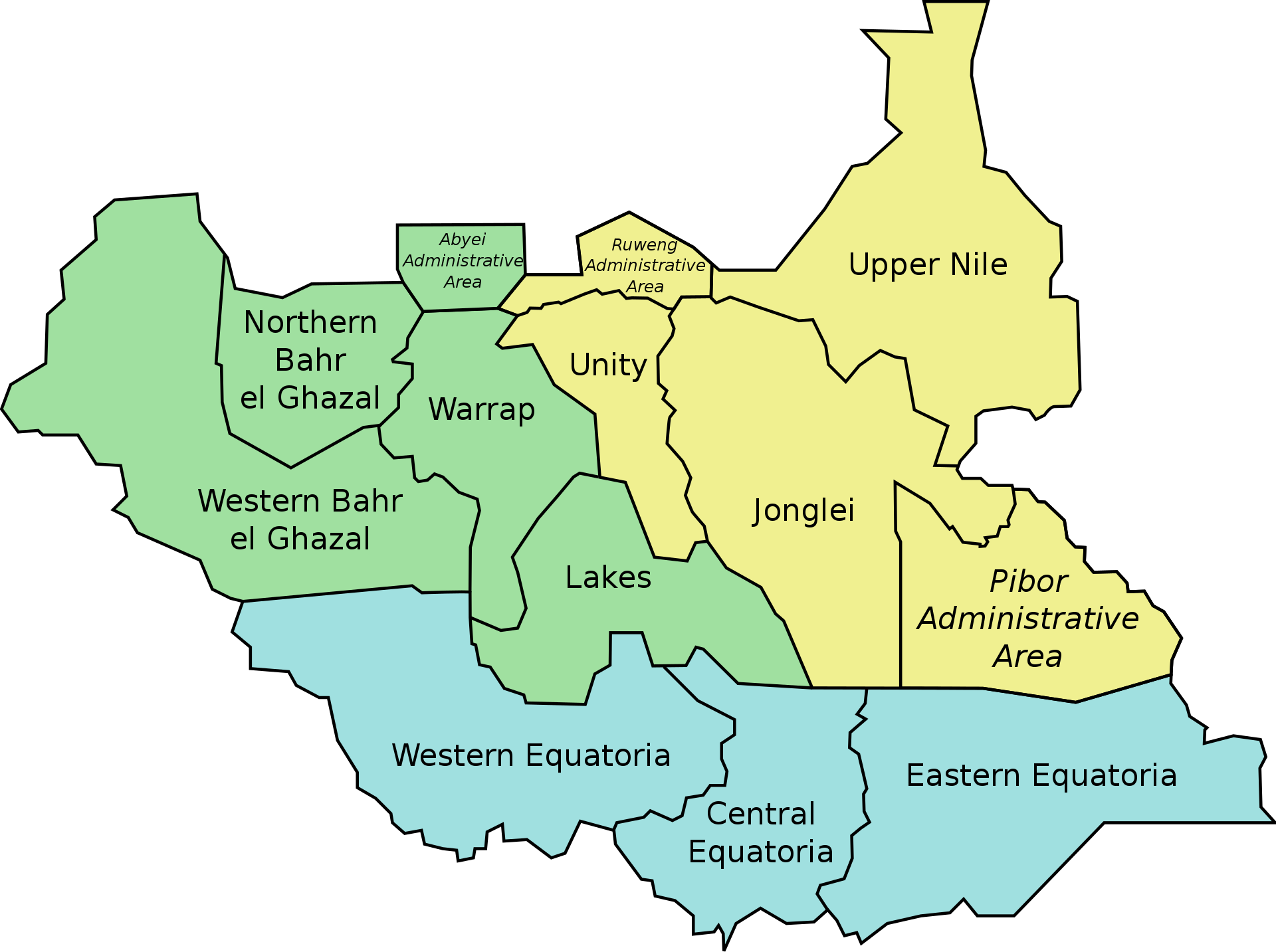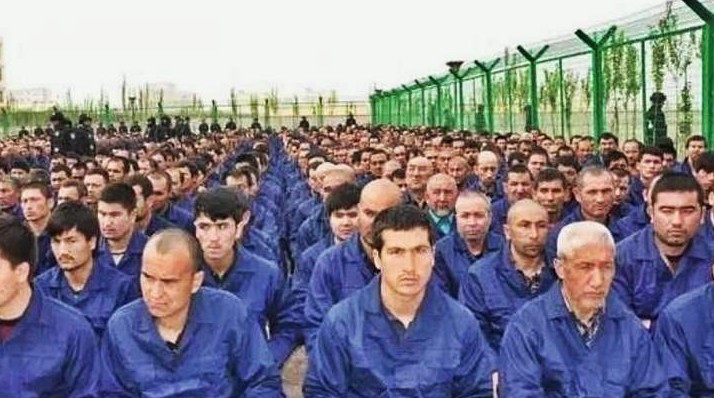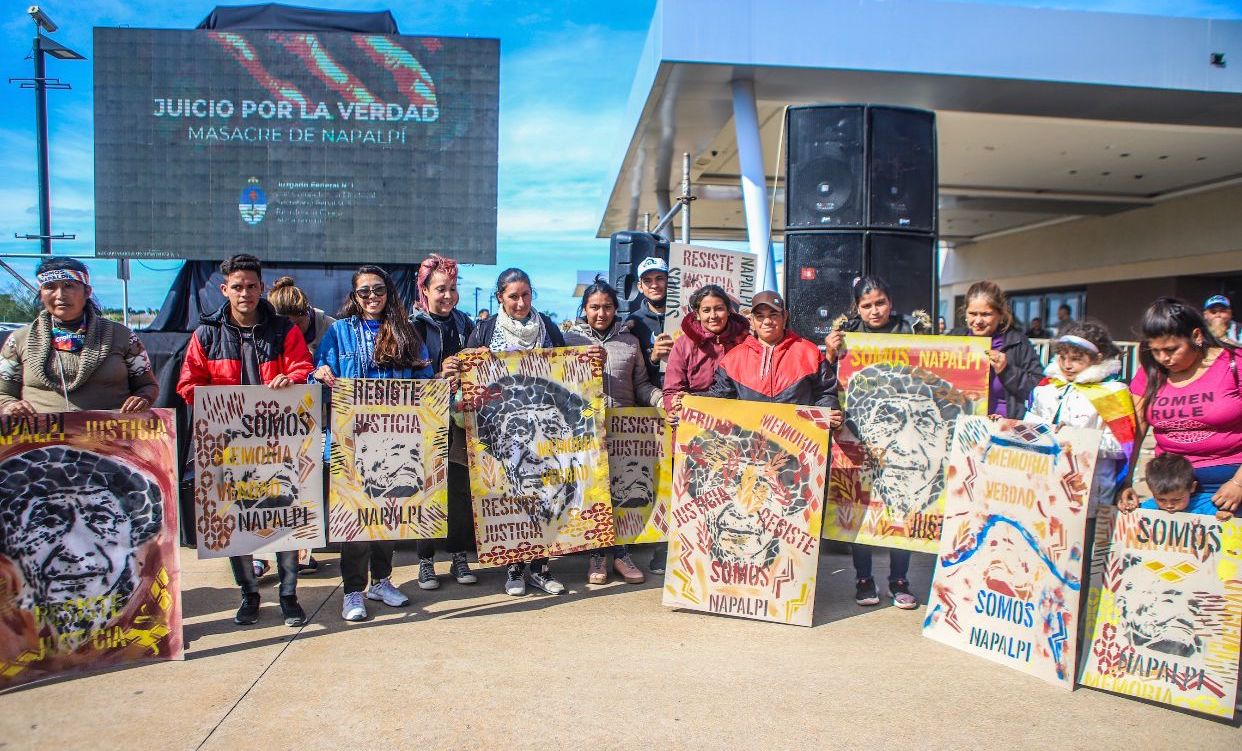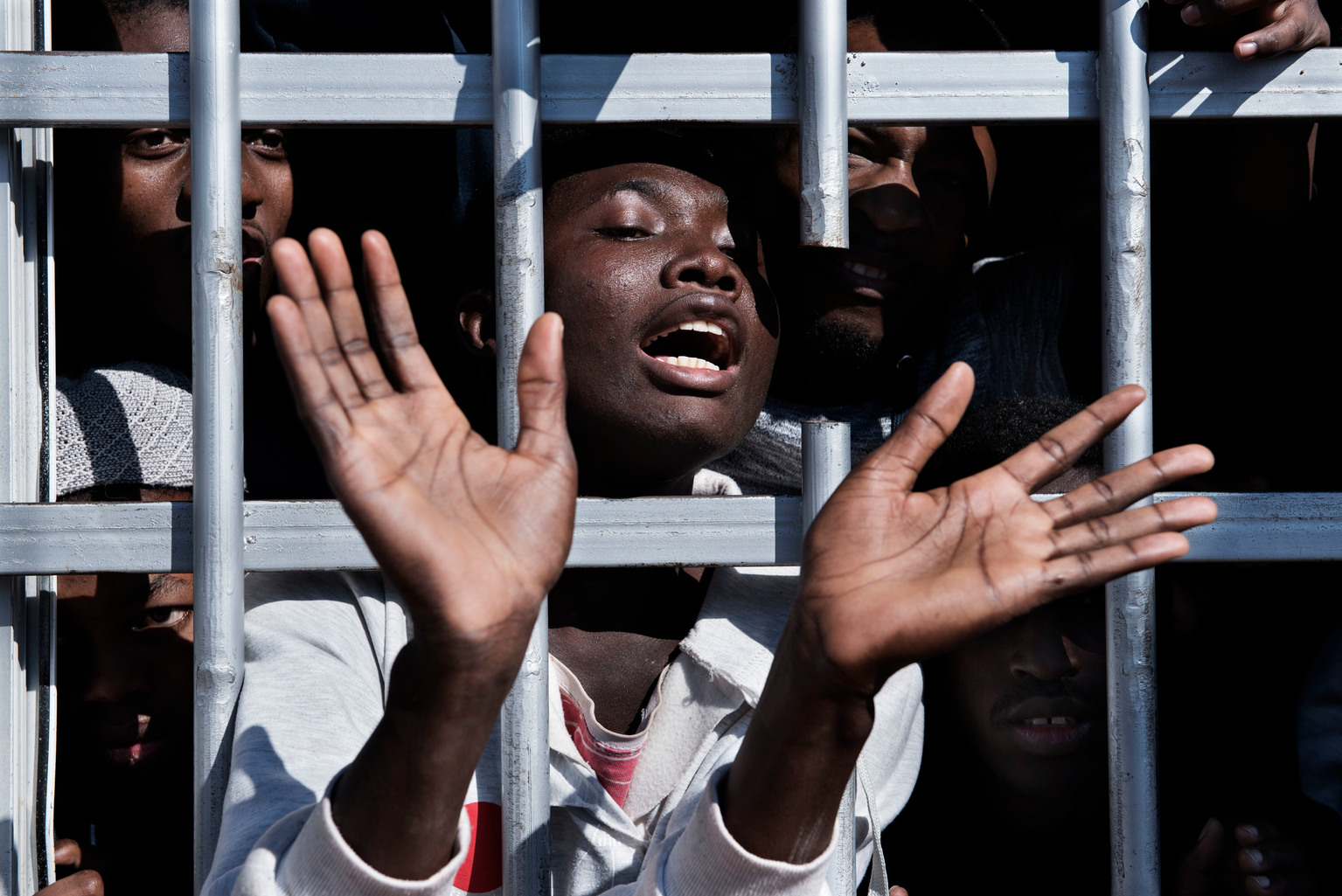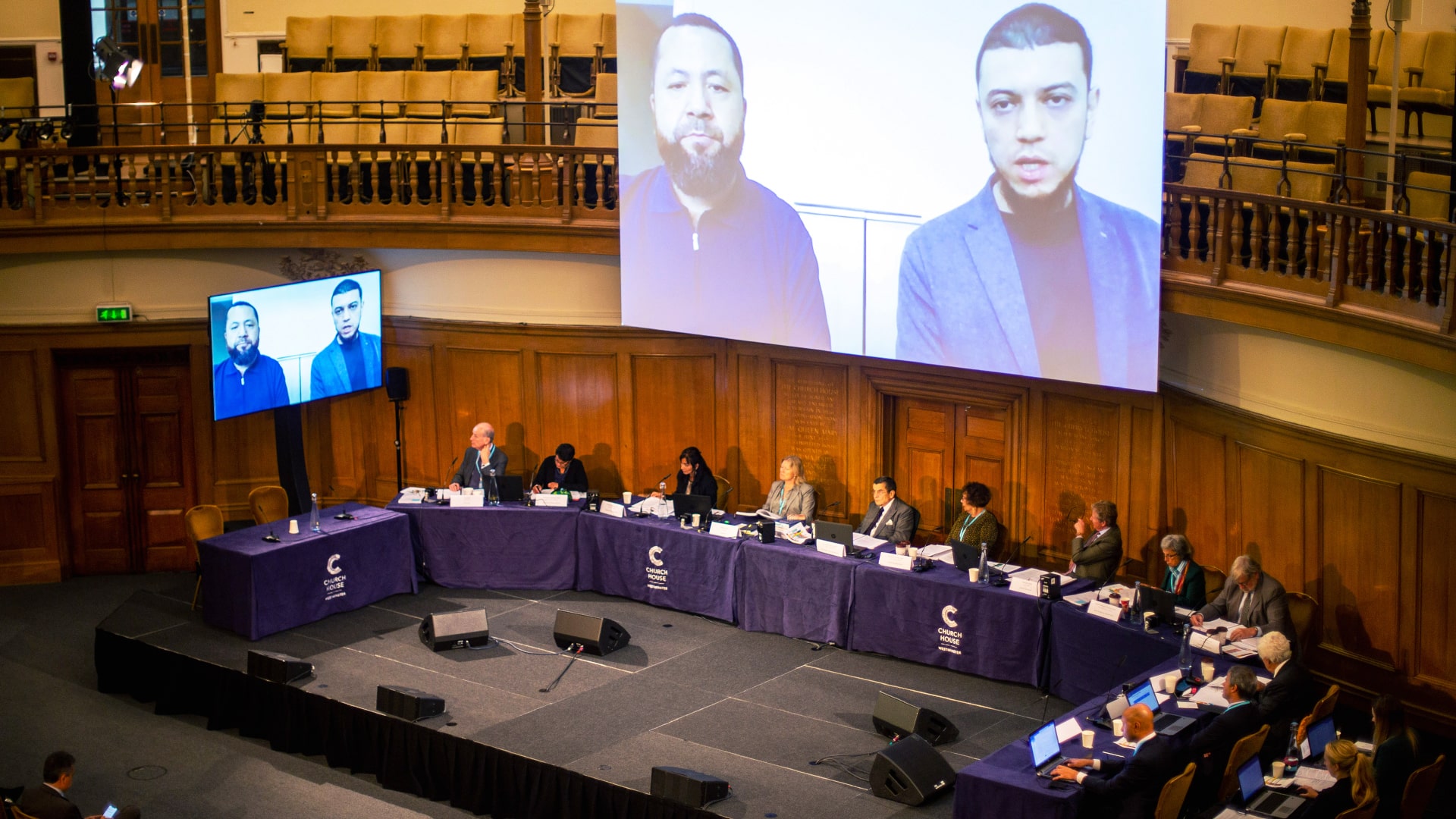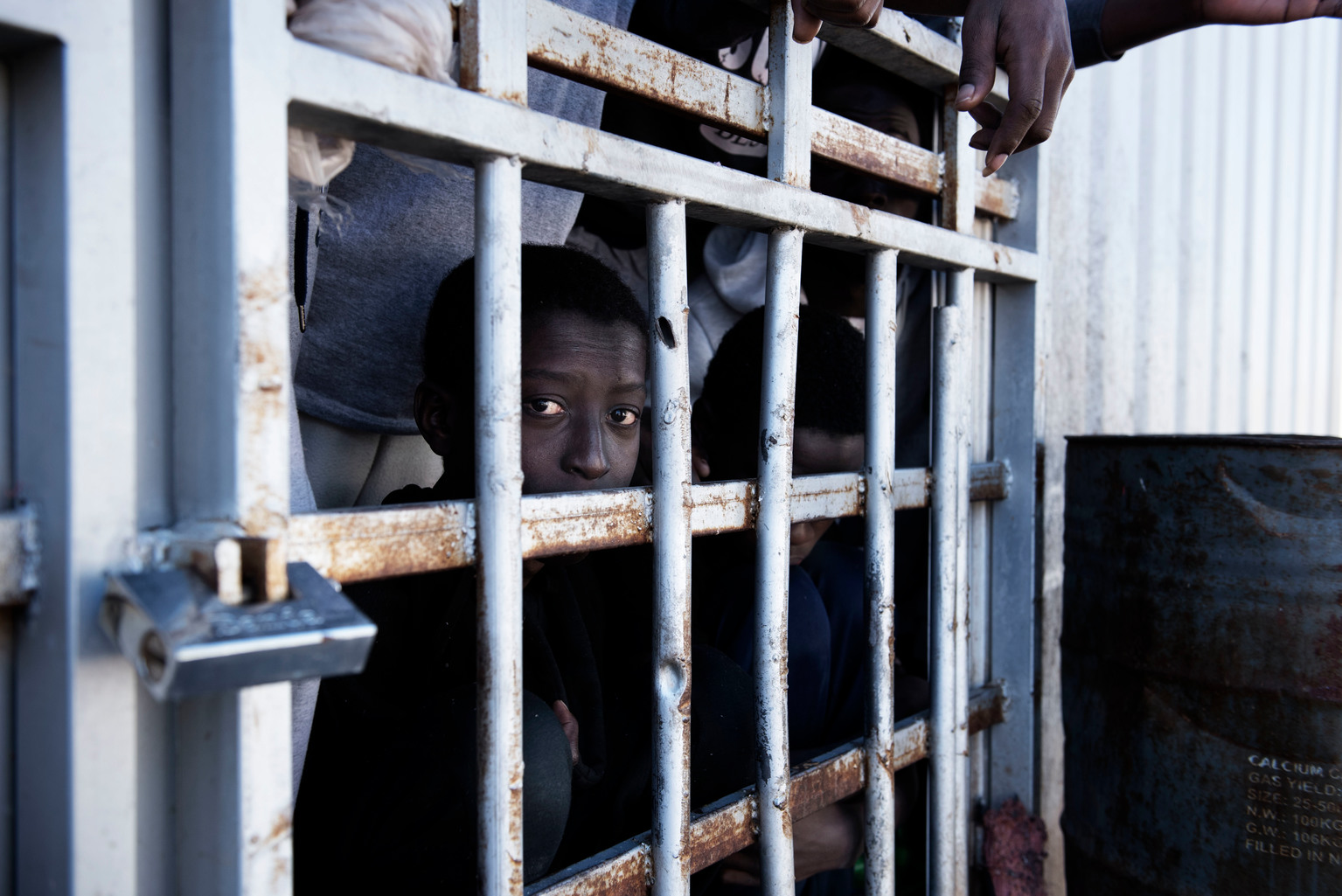Probe corporate profit from Uyghur forced labor
Canada’s Ombudsperson for Responsible Enterprise has launched an inquiry into accusations over use of Uyghur forced labor in the People’s Republic of China by Western corporations Nike and Dynasty Gold. While the initial evaluation stipulates that Nike has not engaged in the direct use of such labor, the company’s association with Chinese third-party entities does not absolve it of accountability. Vancouver-based Dynasty Gold faces allegations of directly employing coerced labor of Uyghurs at a mining site in China. The initial evaluation finds that the company’s denial of operational control over the mine at Hatu, Xinjiang region, “should not be taken at its face value,” as Dynasty still possess a controlling interest in the operation. (Photo via Bitter Winter)



